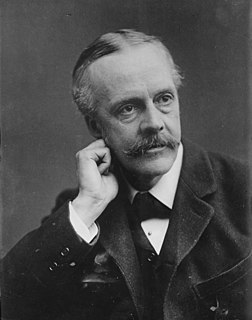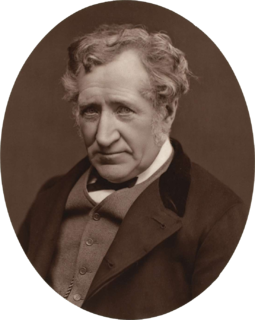A Quote by Jack Gleeson
Stargazing is one of the most profoundly human things one can do. But perhaps we must more frequently tear ourselves away from the mystery and beauty of the starry heavens above, and rather inspect, admire and foster the moral law within.
Related Quotes
Two things fill the mind with ever-increasing wonder and awe, the more often and the more intensely the mind of thought is drawn to them: the starry heavens above me and the moral law within me... Morality is not properly the doctrine of how we may make ourselves happy, but how we may make ourselves worthy of happiness.
Two things fill the mind with ever new and increasing admiration and awe, the more often and steadily we reflect upon them: the starry heavens above me and the moral law within me. I do not seek or conjecture either of them as if they were veiled obscurities or extravagances beyond the horizon of my vision; I see them before me and connect them immediately with the consciousness of my existence.
Nothing can better express the feelings of the scientist towards the great unity of the laws of nature than in Immanuel Kant's words: "Two things fill the mind with ever new and increasing awe: the stars above me and the moral law within me."... Would he, who did not yet know of the evolution of the world of organisms, be shocked that we consider the moral law within us not as something given, a priori, but as something which has arisen by natural evolution, just like the laws of the heavens?
The vault above us is not deaf because the universe is an idiot; the silence is not the heartless silence of an endless and aimless world. Rather the silence around us is a small and pitiful stillness like the prompt stillness of a sick room. We are perhaps permitted tragedy as a sort of merciful comedy, because the frantic energy of divine things would knock us down like a drunken farce. We can take our own tears more lightly than we could take the tremendous levities of the angels. So we sit perhaps in a starry chamber of silence while the laughter of the heavens is too loud for us to hear.
When you say there's too much evil in this world you assume there's good. When you assume there's good, you assume there's such a thing as a moral law on the basis of which to differentiate between good and evil. But if you assume a moral law, you must posit a moral Law Giver, but that's Who you're trying to disprove and not prove. Because if there's no moral Law Giver, there's no moral law. If there's no moral law, there's no good. If there's no good, there's no evil. What is your question?
Never can a new idea move within the law. It matters not whether that idea pertains to political and social changes or to any other domain of human thought and expression - to science, literature, music; in fact, everything that makes for freedom and joy and beauty must refuse to move within the law. How can it be otherwise? The law is stationary, fixed, mechanical, 'a chariot wheel' which grinds all alike without regard to time, place and condition, without ever taking into account cause and effect, without ever going into the complexity of the human soul.
































